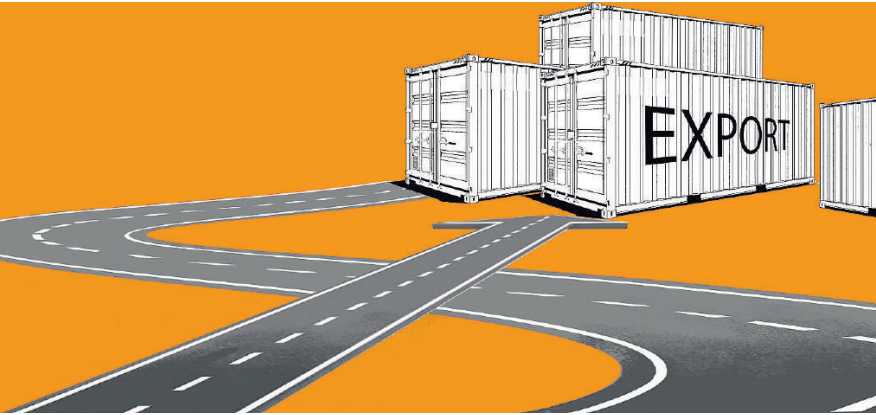
MSMEs: The backbone of Kenya’s economic growth
One of the most significant contributions of MSMEs is their role in job creation
Right now the tariff wars mostly involve the major economies, but we cannot hope to be spared their negative impacts indefinitely.
In Summary

Audio By Vocalize

What is the difference between a container of coffee being shipped out to Germany from the Kilindini Port in Mombasa, and a planeload of German tourists arriving at Mombasa’s Moi International Airport? From an insular Kenyan point of view, there is no real difference.
In one case, we have Germans paying for Kenyan agricultural goods. On the other, we have Germans paying for Kenyan tourism services.
I make this somewhat obvious point to emphasise the importance of a relatively poor country like Kenya, having strong trade links with rich countries like Germany.
If the coffee beans produced by our farmers were only being sold locally, the poor coffee farmers would not be able to educate their children.
The market for their produce would not be big enough to take up all of their harvest and grant them a decent income. And likewise, if the top hotels at the coast had to depend purely on the Kenyan middle class for guests, most of them would close within a year.
My point then is that any foreign trade in goods or services which brings money into our country is a good thing: it expands options and creates economic opportunity beyond what would be available if all trade were conducted purely within our borders.
And it is important to bear this in mind, as the world seems to be plunging into a new era of protectionist policies, the likes of which have not been witnessed for about 100 years.
Just to be sure that we are on the same page, as usual, I will offer a definition from a reputable online source, this time, of “protectionist policies”: “A protectionist trade policy refers to a set of government measures designed to restrict international trade and protect domestic industries from foreign competition.
These policies aim to promote domestic production, safeguard local jobs, and improve the trade balance by limiting the influx of foreign goods and services.”
Notice that it says that such policies “aim to” achieve certain benefits for the domestic market. The problem here being that such goals are often not achieved by these policies at all. But more on that at a later date.
For now what matters is that we seem to be in the middle of an unravelling of the global free trade system, which – whatever its failings – at least showed us a clear path to prosperity, if only we could get organised enough to take it.
This path was that which had been followed with spectacular success by Singapore, South Korea and China, among others. And this involved creating millions of factory jobs for any specific country’s youthful population in industries that mostly sold their products to the rich countries of North America and Western Europe.
The workers in these factories were people who would otherwise have been engaged in far less productive work: perhaps toiling in a rice field, to produce a harvest for their family’s consumption, with no path open for them to escape rural poverty.
But once they got factory jobs, which involved the extensive use of machinery and were thus far more productive, they not only earned a greatly improved income but were also effectively contributing to an increase in the Gross Domestic Product of their country.
These young people would in time rise to join the middle class of their nations, and in so doing become consumers themselves, creating a bigger local market for those very same manufactured goods.
It is of course more complicated than that, but broadly speaking, such was the formula for national prosperity, and many in Africa dreamed of copying it.
Perhaps the key mistake that African policymakers made, was to assume that the longstanding abundance of free trade opportunities reflected a firmly established new reality, rather than a transient economic era which could easily come to an end if one or more of the major economic powers changed the rules.
Well, US President Donald Trump is certainly out to change those rules permanently. And though right now the tariff wars mostly involve the major economies, we cannot hope to be spared their negative impacts indefinitely.
Especially if, as many predict, it all ends up in a global recession. Barring some miracle, tariffs are set to go up everywhere, putting an end to the opportunities for export-led economic growth that we had somewhat taken for granted.
It is a development that calls for seeking new paths to prosperity for countries like ours. I do not doubt that we will in the end find it. But it will be no easy walk, and it may take a painfully long time.
Wycliff e Muga is a columnist

One of the most significant contributions of MSMEs is their role in job creation